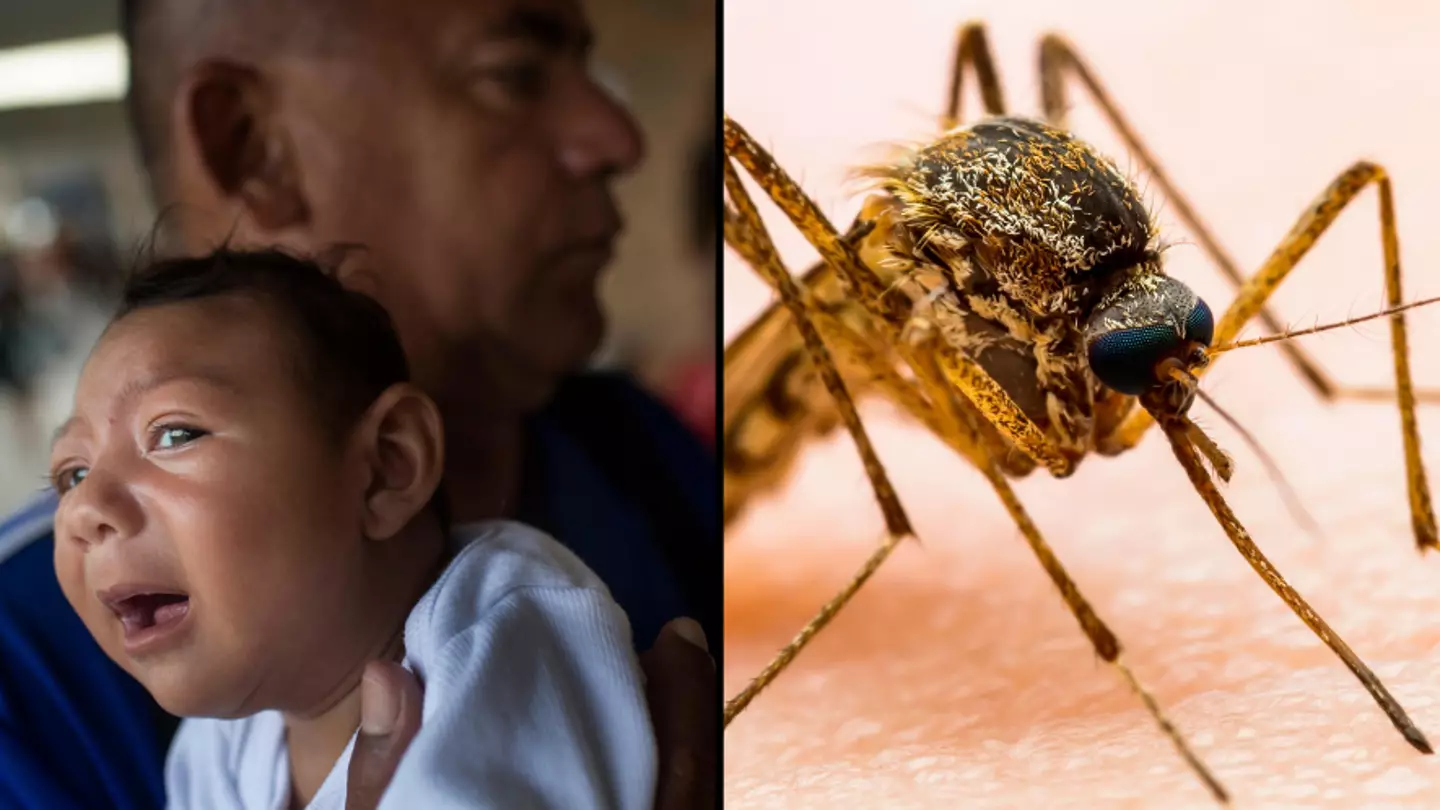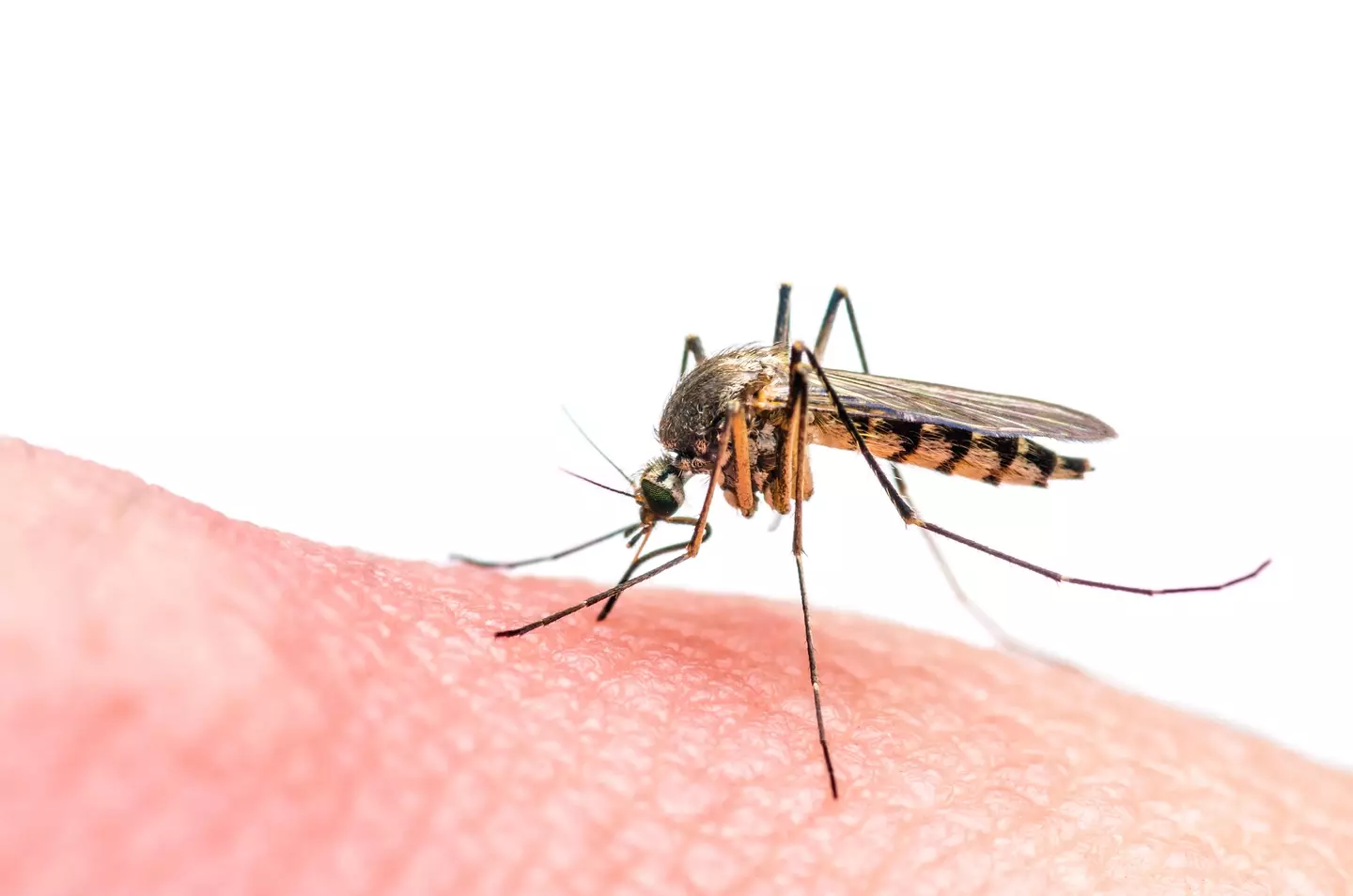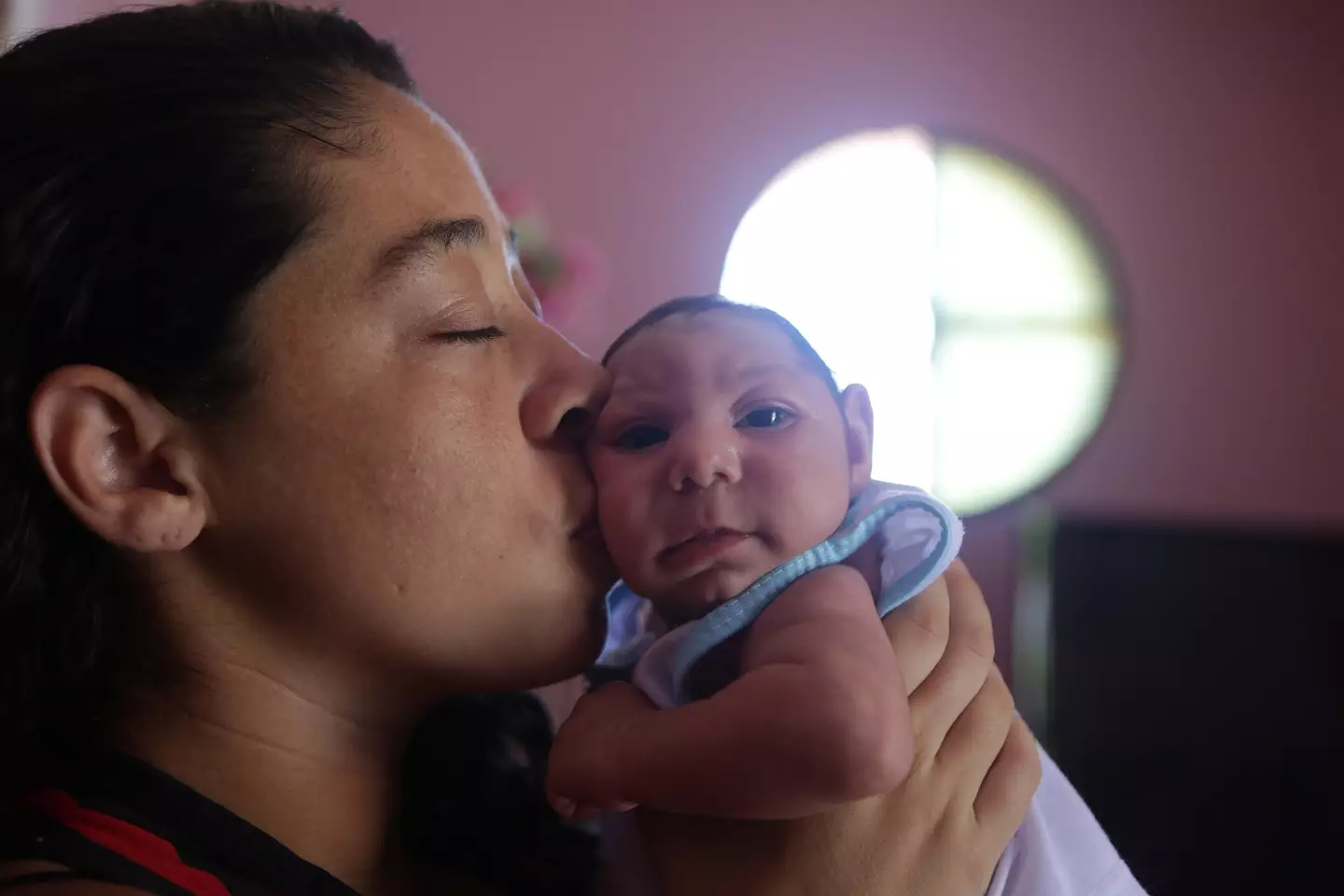
The mosquito-transmitted Zika virus is one mutation away from becoming the next pandemic, according to scientists.
As if we haven’t had it bad enough already.
Researchers from La Jolla Institute for Immunology (LJI) in San Diego, California recently identified a new strain by mimicking how it could mutate in humans by switching the virus back and forth between mosquito and mouse cells.
The findings echo that of the World Health Organization (WHO), which warned that mutations could make the disease more resistant to immunity granted by similar infections.
Advert

Unlike Covid-19, however, the symptoms of Zika such as fever, rash, and conjunctivitis, often don’t develop or are mild.
The main concern for scientists comes when the disease infects pregnant women as it has the potential to cause birth defects such as microcephaly, where a child is born with a small head and a smaller brain.
The study, published in the Cell Reports journal, found: “It seems likely that [Zika] will continue to evolve in a manner that increases its virulence or transmission".
The team found that the virus was easily able to make small mutations to pass from mosquitos to mice, mimicking that of mutations from mosquito cells to human cells.
The researchers at LJI also tested whether mice who were previously infected by dengue fever, a similar mosquito-transmitted disease, were given a level of immunity to Zika.

The results found the same mutant strain of Zika developed in both mice who had contracted dengue fever and those who hadn’t.
The study’s lead investigator Professor Sujan Shresta, told the BBC: “The Zika variant that we identified had evolved to the point where the cross-protective immunity afforded by prior dengue infection was no longer effective in mice.
“Unfortunately for us, if this variant becomes prevalent, we may have the same issues in real life.”
Pregnant mice were then tested with the mutant strain to see whether the virus had any impact on a fetus.
The scientists found that the mutant strain was more virulent with ‘markedly increased fetal resorption’, meaning a greater chance of birth defects.
There has been a recent growth in cases of the Zika virus since a major outbreak in Brazil in 2015, which impacted preparations for the 2016 Olympics.

In November, last year, there were 89 cases detected in the Indian city of Kanpur.
While the warnings and study sound grim, other experts have pointed out that while there is cause for concern the potential likelihood of another Covid-19-level pandemic is slim.
In an interview with Salon, biologist Dr William Haseltine said: “This virus has the potential to be more dangerous to humans, but it has limited potential to be a Covid-level threat because it’s primarily transmitted from insects to humans, not human to human.”
We’re barely getting used to living with this current pandemic, I don’t think any of us are ready for another one to be thrown in the mix.
Topics: Science, Coronavirus